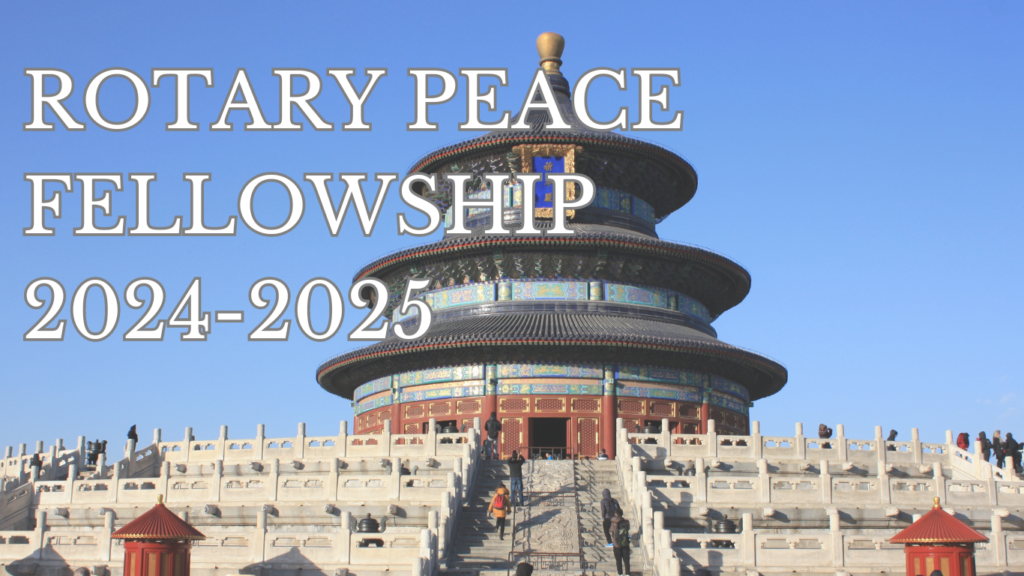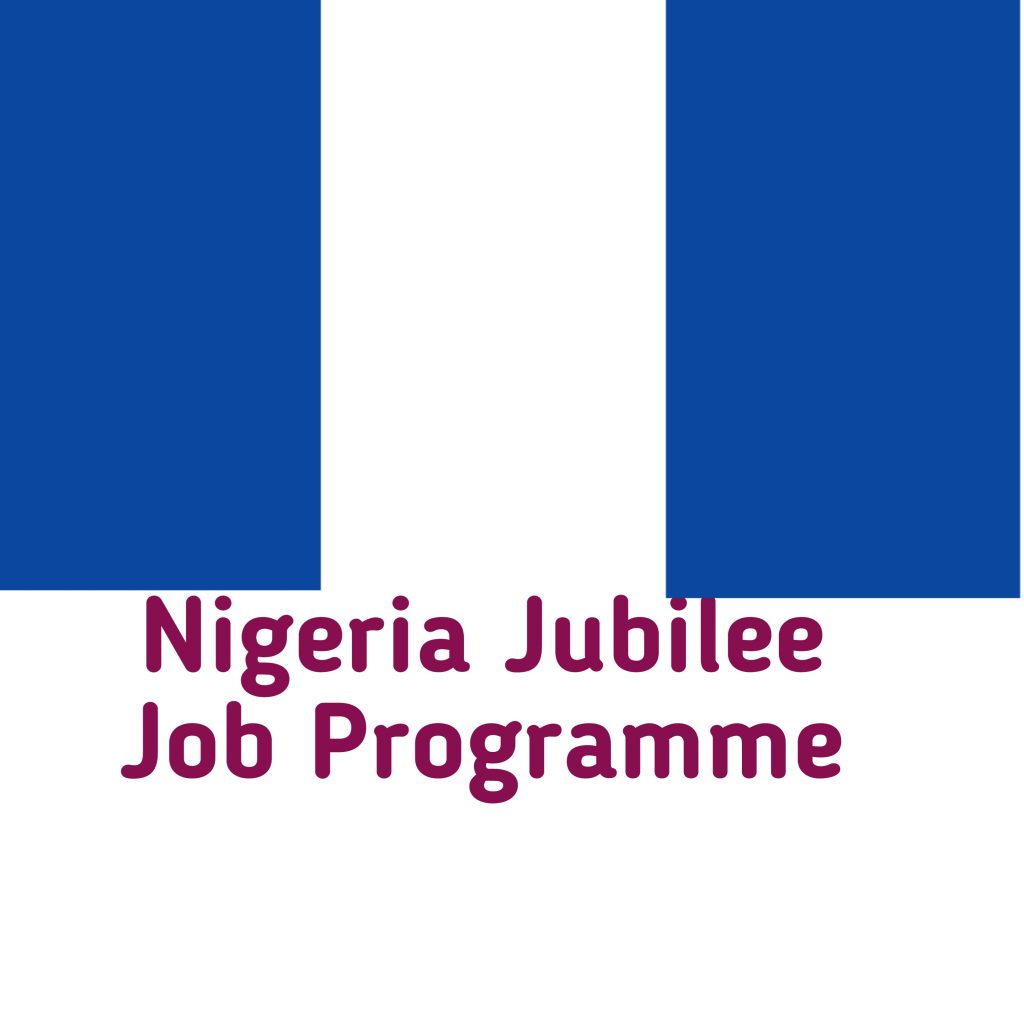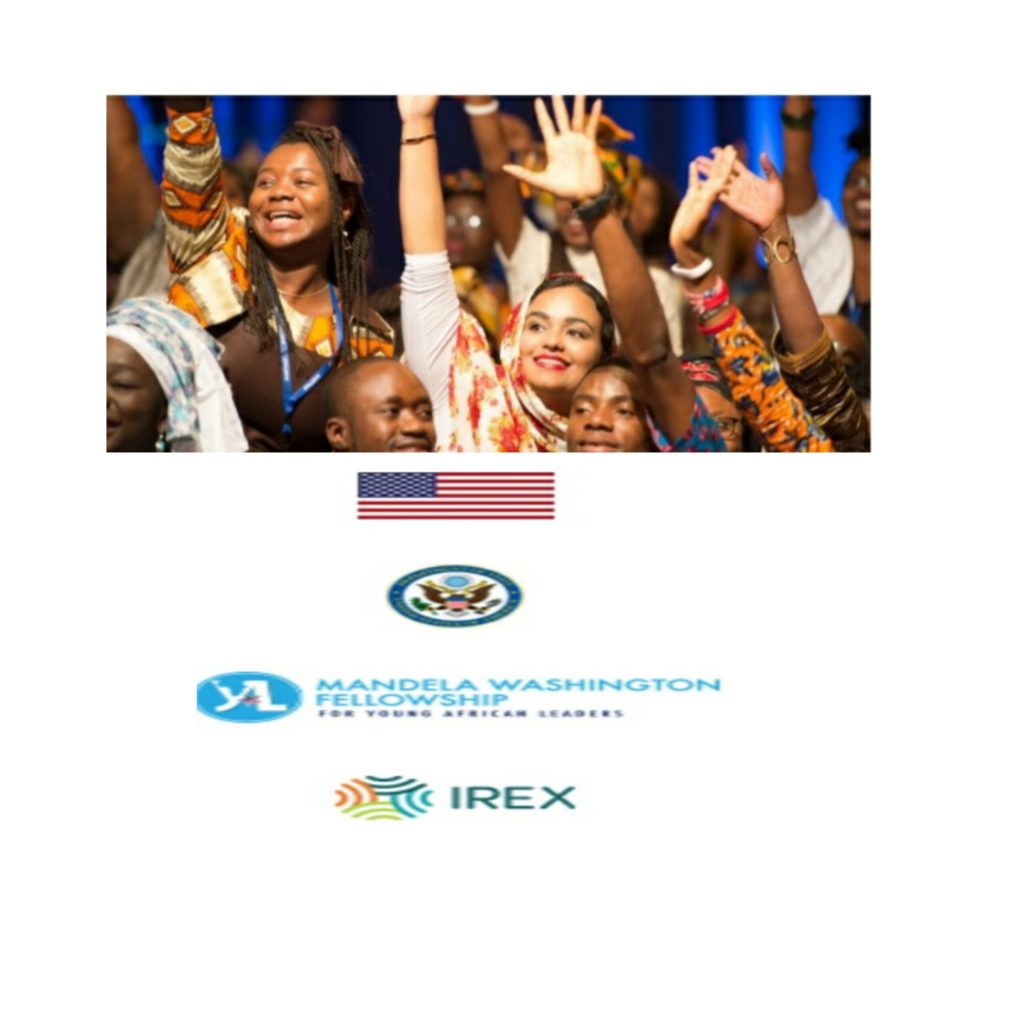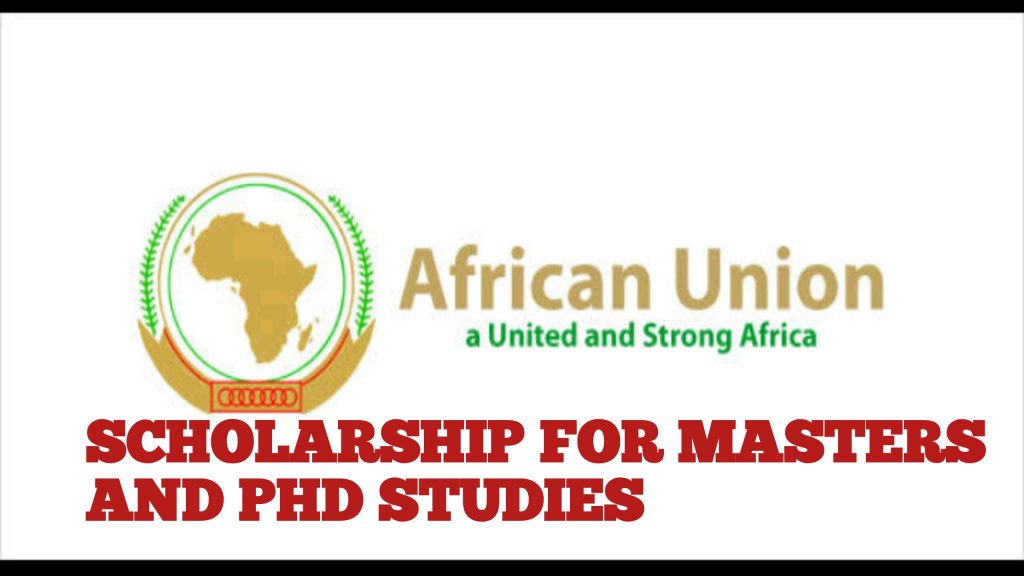
Table of Contents
Introduction to the Rotary Peace Fellowship
Applications are now open for the Rotary Peace Fellowship, offering fully-funded master’s degrees and certificates in peace studies. Rotary International, a global non-profit organization, is dedicated to promoting peace and conflict resolution across the world. As part of its unwavering commitment to this cause, Rotary provides up to 130 fully funded fellowships every year to exceptional leaders from across the globe. These fellows are selected based on their demonstrated commitment and potential for making a positive impact in the field of peace and conflict resolution.
The Rotary Peace Fellowship program is renowned for its transformative power, providing fellows with a unique opportunity to enhance their skills, knowledge, and practical experience in the field of peacebuilding. The program consists of academic training, practical experiences, and global networking opportunities, all designed to equip fellows with the tools they need to become effective catalysts for peace.
At the heart of the Rotary Peace Fellowship program are Rotary’s six peace centers, located in different parts of the world. Each centre offers a rigorous, interdisciplinary curriculum that covers a wide range of topics related to peace and conflict resolution. Fellows also have the opportunity to participate in fieldwork and internships with leading organizations working in the field of peacebuilding.
By providing these fully-funded fellowships, Rotary is helping to create a new generation of peacebuilders who will work tirelessly to promote peace and conflict resolution around the world.
Benefits of the Rotary Peace Fellowship
This fellowship program covers a comprehensive range of expenses, including tuition, fees, room and board, transportation, and internships. Since its inception in 2002, the program has seen the active participation of over 1,700 fellows who have contributed their skills and knowledge in over 140 countries across the world. The alumni of this program have gone on to become leaders in a diverse range of sectors, including governments, NGOs, education, peacekeeping, and international organizations.
Certificate Program Eligibility
- Candidates for the certificate program at Makerere University, Kampala, Uganda, either must be from Africa, have worked in Africa, or work with African communities or initiatives outside the continent.
- Candidates for the certificate program at Bahçeşehir University, Istanbul, Turkey, must be from the Middle East or North Africa, have worked in the region, or work elsewhere around the world with communities or initiatives related to the Middle East or North Africa.
Selection Process
Submitted applications are screened for eligibility requirements. Qualified applications move forward for further review and evaluation. The Rotary Peace Centers Committee, composed of Rotary members, and university representatives review the top candidates and selects finalists. Selected candidates are notified in November.
Throughout the process, applications are reviewed based on the following criteria:
- Qualifications based on the eligibility requirements
- English proficiency
- Commitment to peace and development
- Leadership potential
- Compatibility with fellowship objectives and fit with Rotary
- Academic record and compatibility with preferred university program
- Feasibility and impact of Social Change Initiative (certificate only)
Eligibility Restrictions
Rotary Peace Fellowships may not be used for doctoral study. The following people are not eligible for the fellowship:
- Active Rotary members, or Rotaract members who are also Rotary members,
- Employees of a Rotary club or district, Rotary International, or other Rotary entity
- Spouses, lineal descendants (children or grandchildren by blood or legal adoption), spouses of lineal descendants, or ancestors (parents or grandparents by blood) of any living person in these categories
- Former Rotary members and their relatives, as described above (within 36 months of their resignation),
* Rotaract club members who are not also Rotary club members are eligible to apply.
Candidates must have at least three years between the completion of their most recent academic degree program (undergraduate or graduate degree) and their intended start date for the fellowship. Candidates currently enrolled in an undergraduate or graduate program are not eligible to apply.
Rotary Peace Fellows who have completed the certificate program, master’s program, or Global Grant Scholarship must wait three years between the end date of that program and their intended start date for the fellowship.
How to Apply
The Rotary Peace Fellowship applications for 2025–2026 open in February, and the final deadline is May 15th. Start preparing your application early! Follow these steps to prepare a competitive application:
- Review the eligibility restrictions below and the relevant experience guide.
- Research the curriculum and programs at each of the Rotary Peace Centers. For the master’s program, you will be asked to rank the two centres you prefer if you meet the eligibility criteria for both programs.
- Engage with Rotary. Use the Club Finder to locate the Rotary or Rotaract club nearest you. Connecting with a Rotary club or district is a great way to learn about Rotary’s work in your community and around the world. Many Rotary districts have a District Rotary Peace Fellowship Subcommittee Chair who can provide mentorship and advice for your application. A club or district recommendation is optional but strongly encouraged as part of your application.
- Read the application overview to learn the steps involved. An overview with more instructions on submitting a thorough and complete application is available when you start an application.
- Gather the required documents. Applications require a resume, academic and/or professional recommendations, essays, transcripts from postsecondary colleges and universities attended (master’s only), English language proficiency test scores (master’s only), and a social impact plan (certificate only). Allow time to request university transcripts and register for IELTS or TOEFL exams if your program requires them. All materials must be in English.
- Submit your application between February 15 and May 15. All applications are considered final upon submission. Ensure your academic and/or professional recommendations and Rotary club or district recommendations (optional) are entered before submitting your application.
- Await qualification notification and election results. If you are selected for a fellowship, you will be notified in November which Rotary Peace Center will be the site for your studies.
- Apply for admission (master’s only) to the university where your Peace Center is located. Being selected for the fellowship does not mean you have been admitted to the university.
See also:
University of Macerata Scholarship 2024–25: Apply Now!
University of Pavia Scholarship 2024 in Italy: Apply Now!
Joint Japan World Bank Graduate Scholarship 2024 (Fully Funded): Apply Now!





